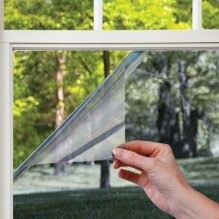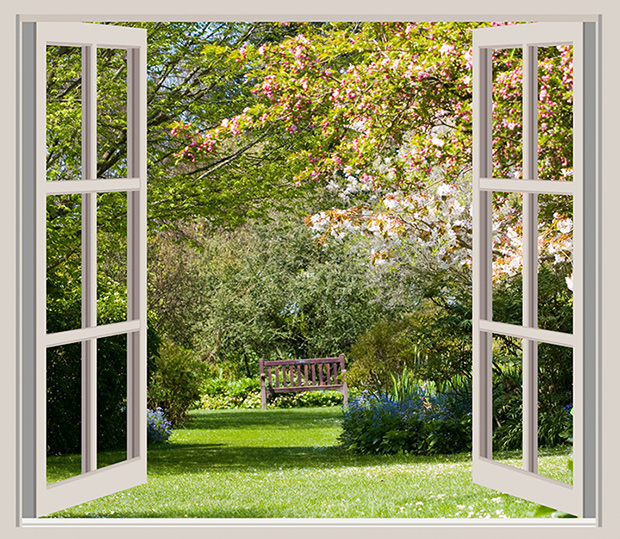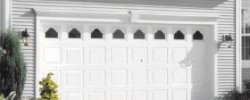Tinted windows are a great way to increase your privacy and lessen the amount of glare and heat from the sun. You can tint the windows of both your home and your car. Tinted windows can also reduce the level of ultraviolet rays which are known to be damaging to the skin. Tinting your windows can offer a variety of benefits; privacy, coolness, and shade are just a few. You can enjoy the benefits of tinted windows for a reasonable cost.
Size and type of window
The actual cost of window tinting is determined by what type of film is used, how large your windows are, and what type of windows you have. Flat windows like house double hung windows and casement windows are the cheapest windows to tint. The front and rear windshields of cars and trucks are the most expensive due to the size and curvature.State Laws about window tinting
Most states have laws against certain types of tinted windows and which windows can be tinted in a vehicle. This is due to both safety concerns in terms of how well a driver can see, but also in terms of how concealed a driver can be. Most states do not allow front windshields to be tinted. Other states have laws on how dark a tint can be. Check with your local police department to find local codes on tinted windows for vehicles.Window Preparation
Before tinting, windows must be thoroughly cleaned and dried. There needs to be some static involved for proper adhesion. Window tinting should be covered by a warranty against bubbling or peeling for at least one year. Some companies offer lifetime warranties, so check with the installer before having your windows tinted to see what types of warranties re offered. Paying more for window tinting that comes with a lifetime warranty might be well worth the extra costs in the long run.Refer a Pro who does this service and receive an Amazon Gift Card!Was this page helpful?
Thank you for submitting your feedback.













We are experts in window film applications which will provide daytime privacy. The physics of tinted glass or window films is exactly the same..so:
It isn't the tint that creates the mirror effect it's the metals in the glass coating or inter-layer or the film that reflect light and heat. In the daylight hours thyere would be privacy . At night the opposite unless you shine lighting diirectly at the glass from the exterior.
There are tinted films that have zero metals (ceramic films) like Huper Optik that can reduce the reflectivity of glass while rejecting heat, etc . These films and…